What is the purpose of Marden Wildlife?
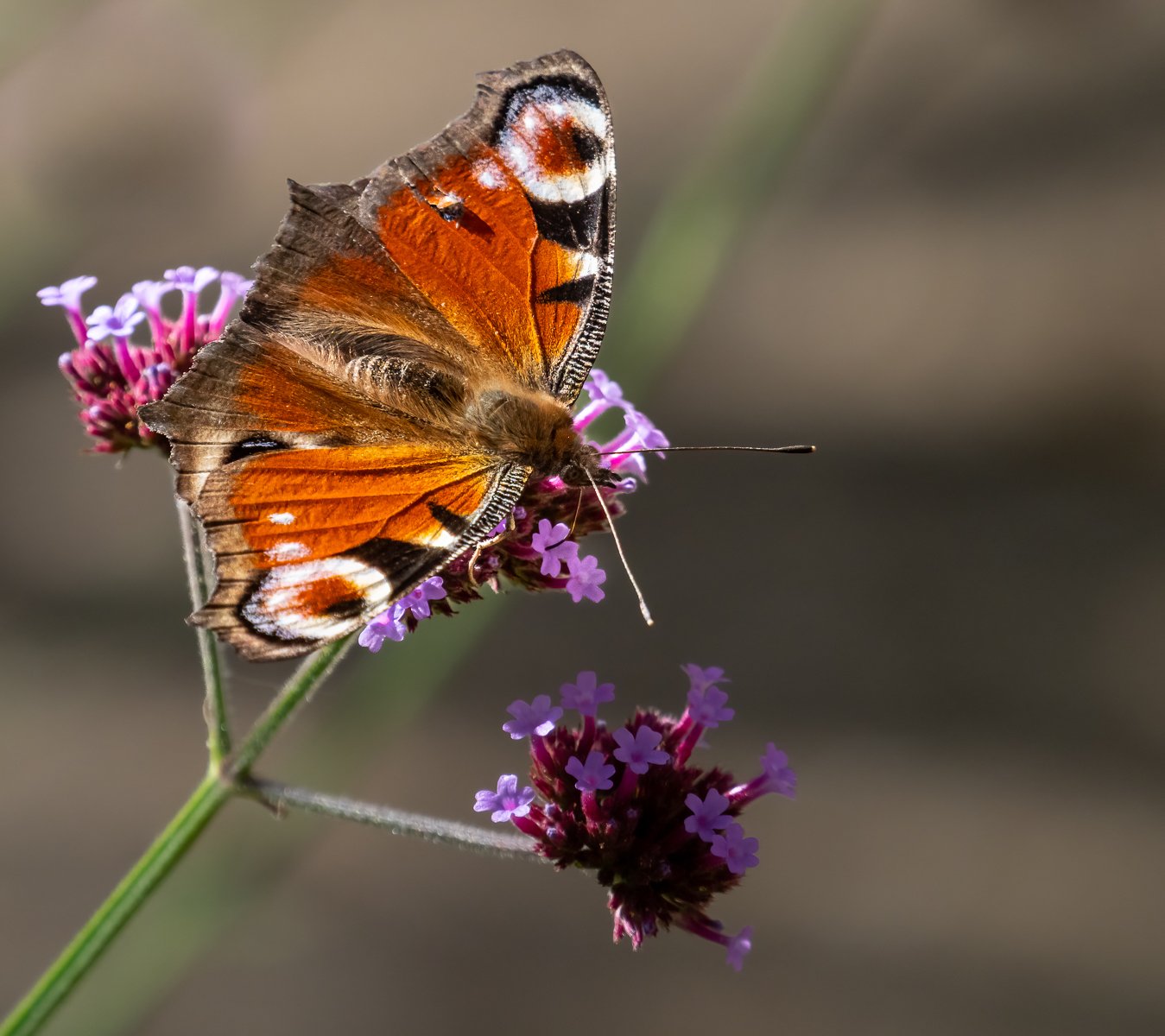
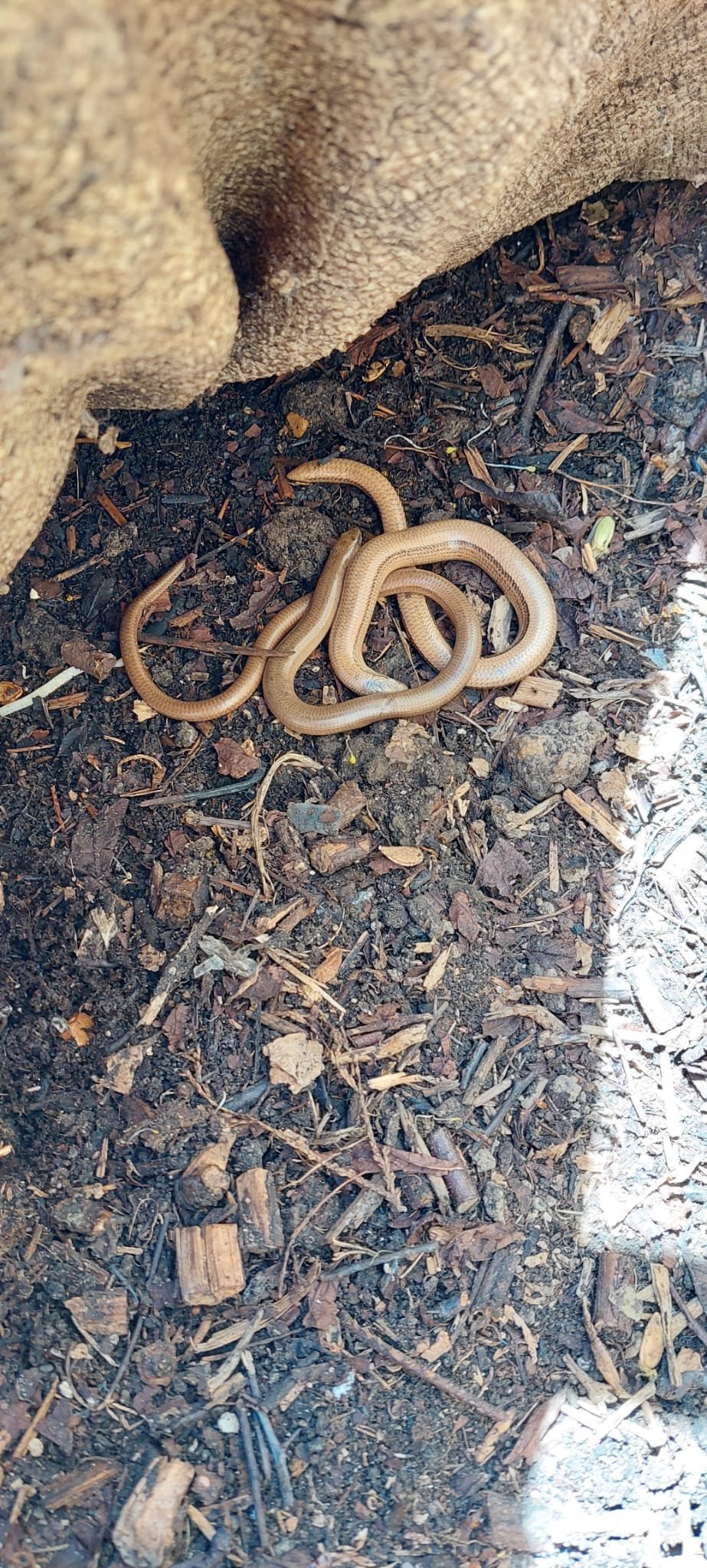
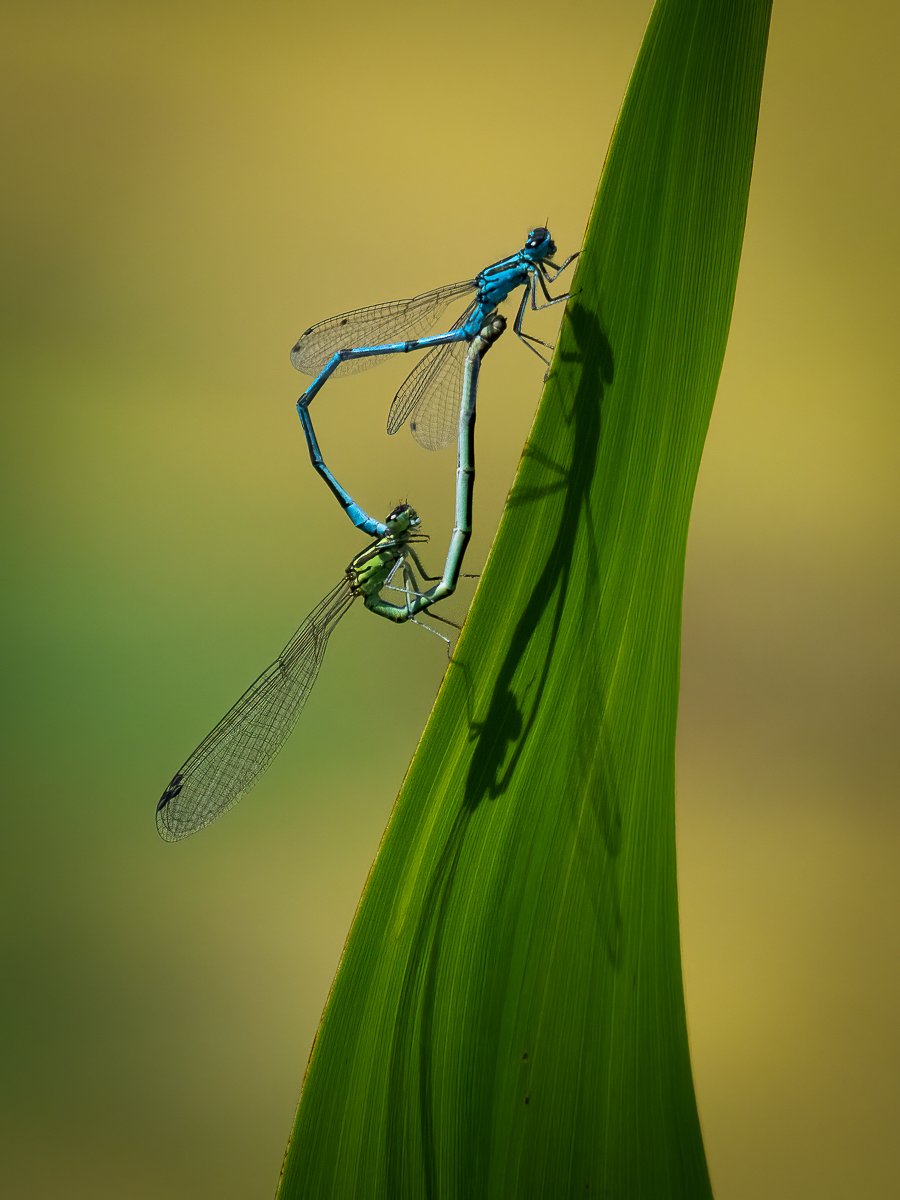
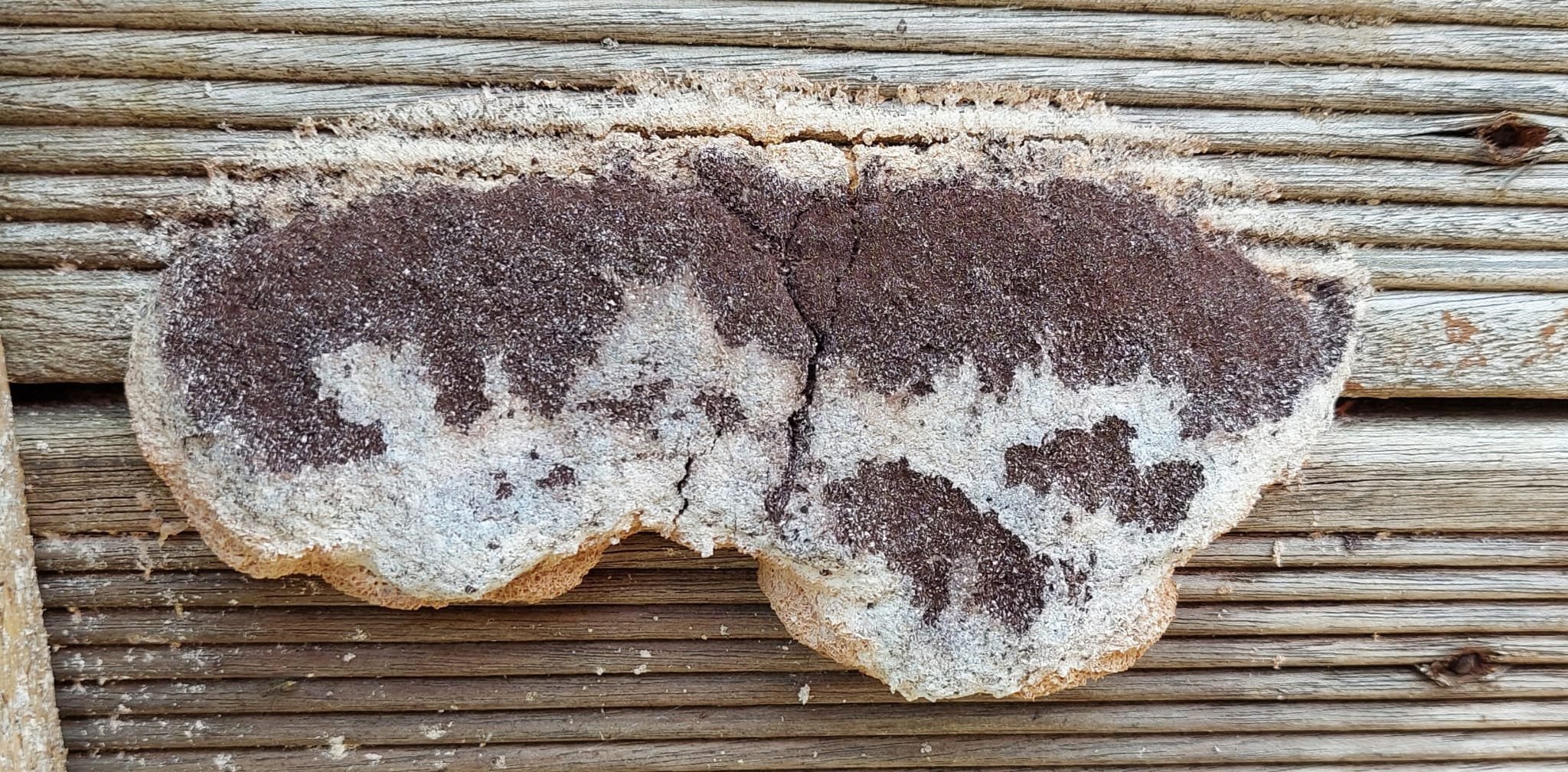
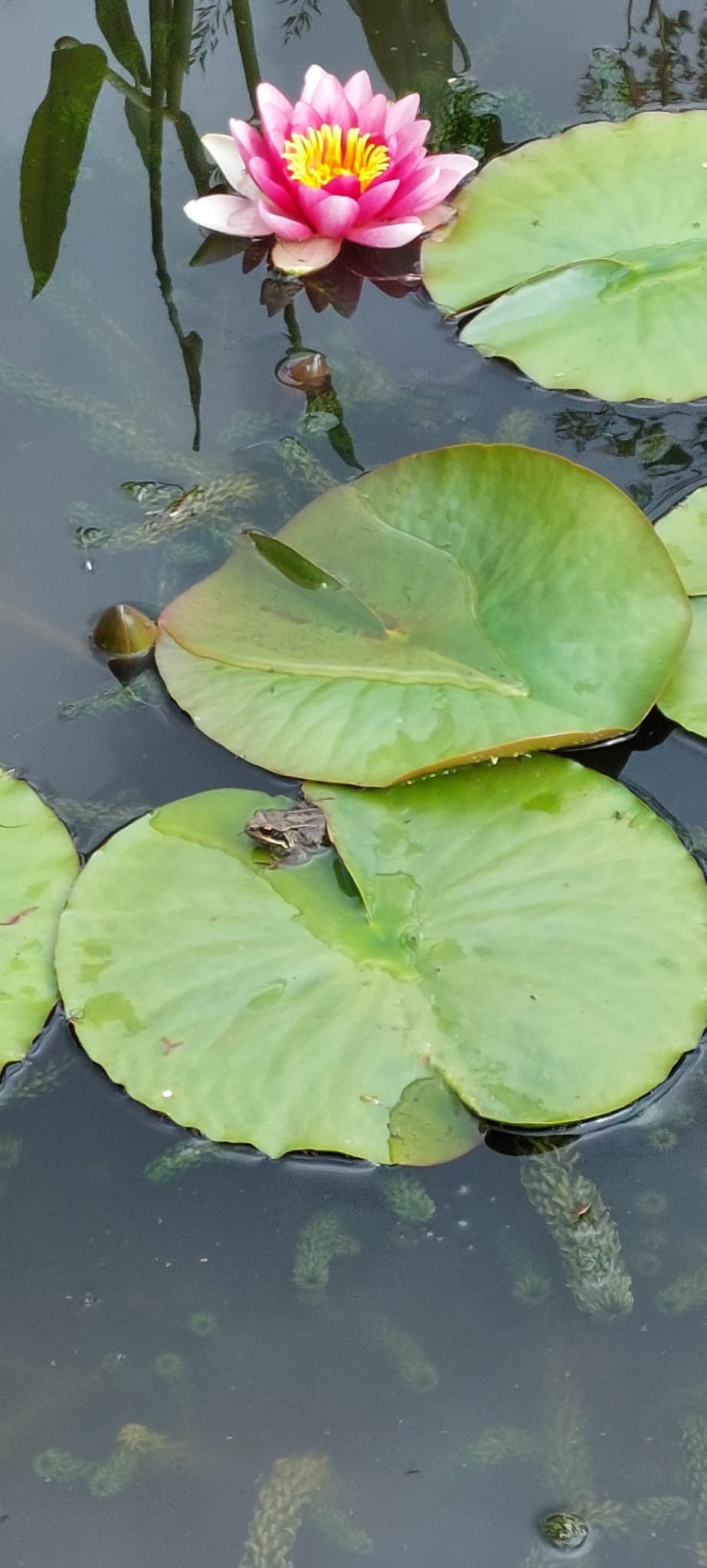
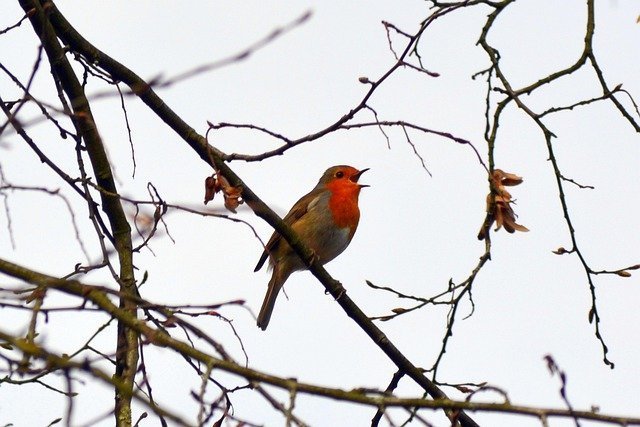
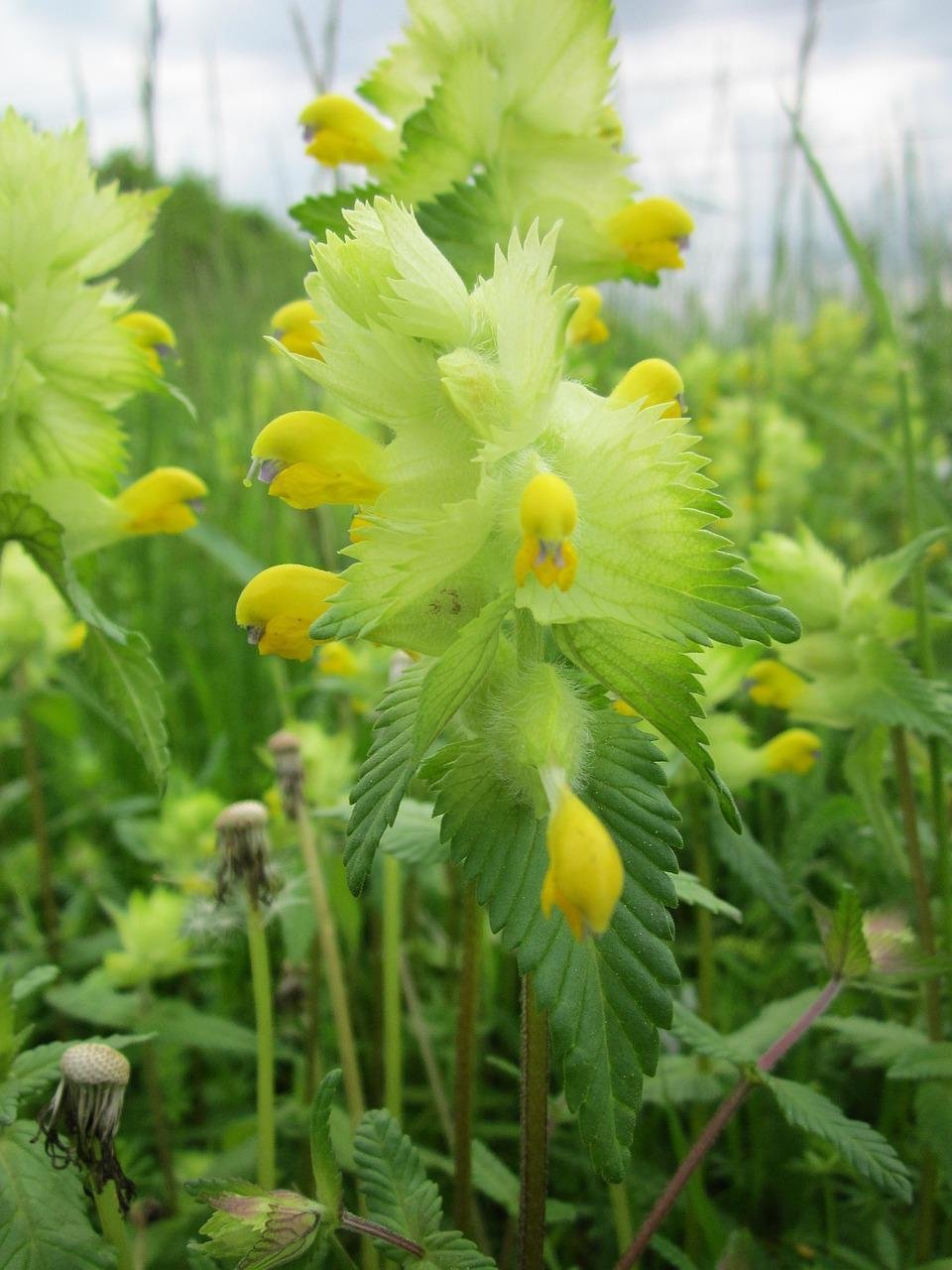
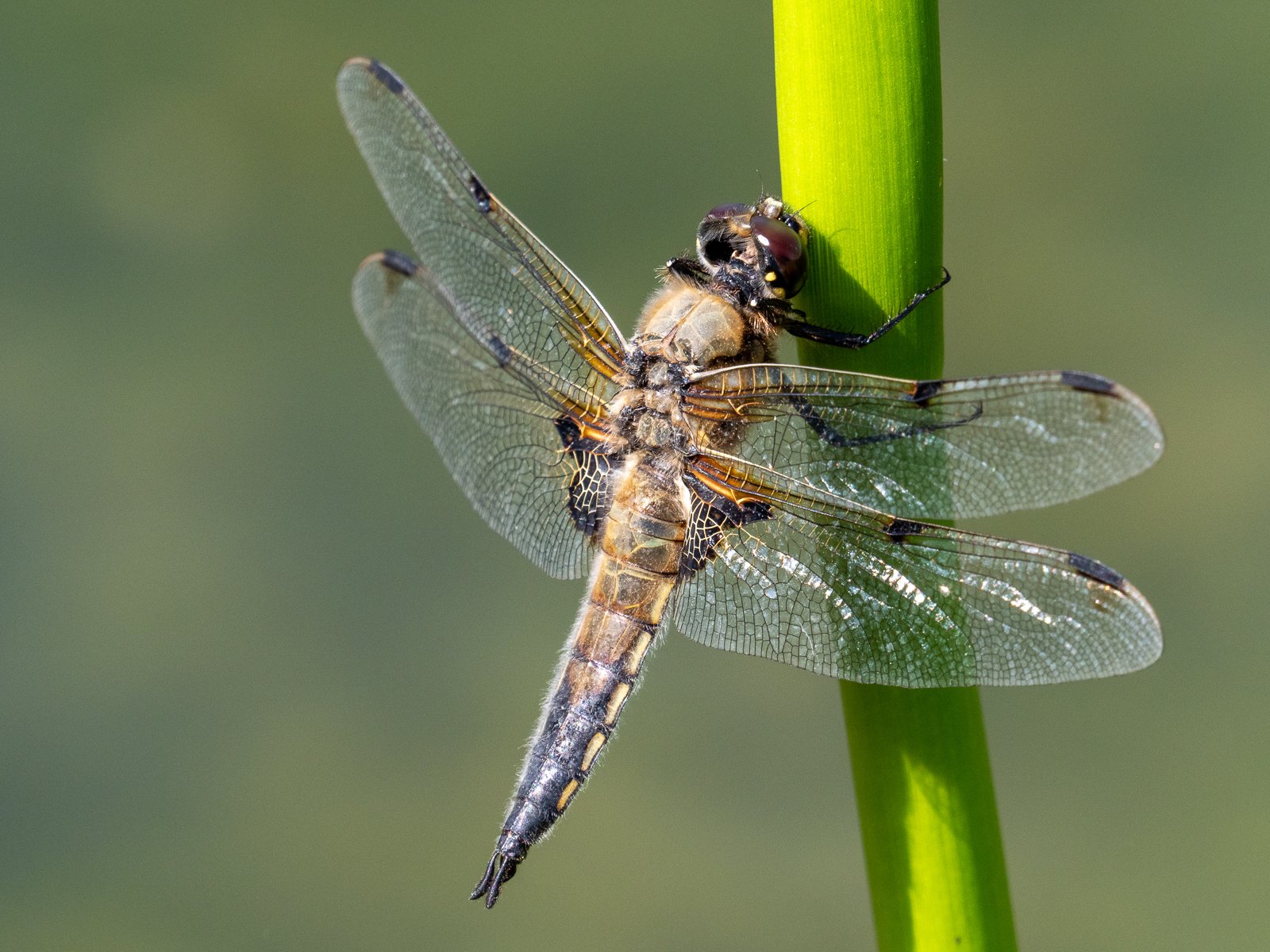
With MHS embracing natural initiatives, where does Marden Wildlife fit? To understand this, we need to go back to where MW started, in early 2020 and just before lockdown. We wanted to understand the land, both in and out of the village, how it was performing in terms of biodiversity, and how we could build on this.
To have an understanding of the environment, data is critical. So Marden Wildlife began its mission to record the plants and animals in and around the village. We quickly realised that we are blessed in living in an area of high biodiversity which is also under-recorded, meaning that it is surprisingly easy to log a first record for a species in the area. We made relationships with our County Recorders, and encouraged recording via iRecord so that sightings are logged on the Kent and national databases. Bird data had been contributed over many years, mostly by ornithologist Ray Morris and his BTO-licensed colleagues, but also by other expert amateurs simply recording what they saw.
Now Marden Wildlife is a thriving group with a website https://mardenwildlife.org.uk/ , a Facebook page and twitter handle @MardenWildlife. Although many of our recordings are made on farmland, often in partnership with KWT’s Marden Farmer Cluster, our remit is ‘to observe, identify and record wildlife in Marden and the surrounding Low Weald, from our gardens to our farms.’ So, although we like your verbascums, we really like the mullein moth caterpillars which eat them. We love your honeysuckle, as it encourages beautiful hawk-moths into our moths traps (to be liberated afterwards). We’re interested in that fungus that lurks by your bin (yes, we mean you, Judy!) and the birds and mice eating your berries. We believe that gardeners can play a part in helping us in our work of nature recovery at landscape scale in the future. Although it’s easy to be gloomy about the decline in species and ecosystems globally, working together can help reverse the trend, and we’d like MHS to be a partner to it. So look at your gardens through our eyes too – not just the things you’ve planted, but how nature has responded to your efforts. Even if it is to eat them!